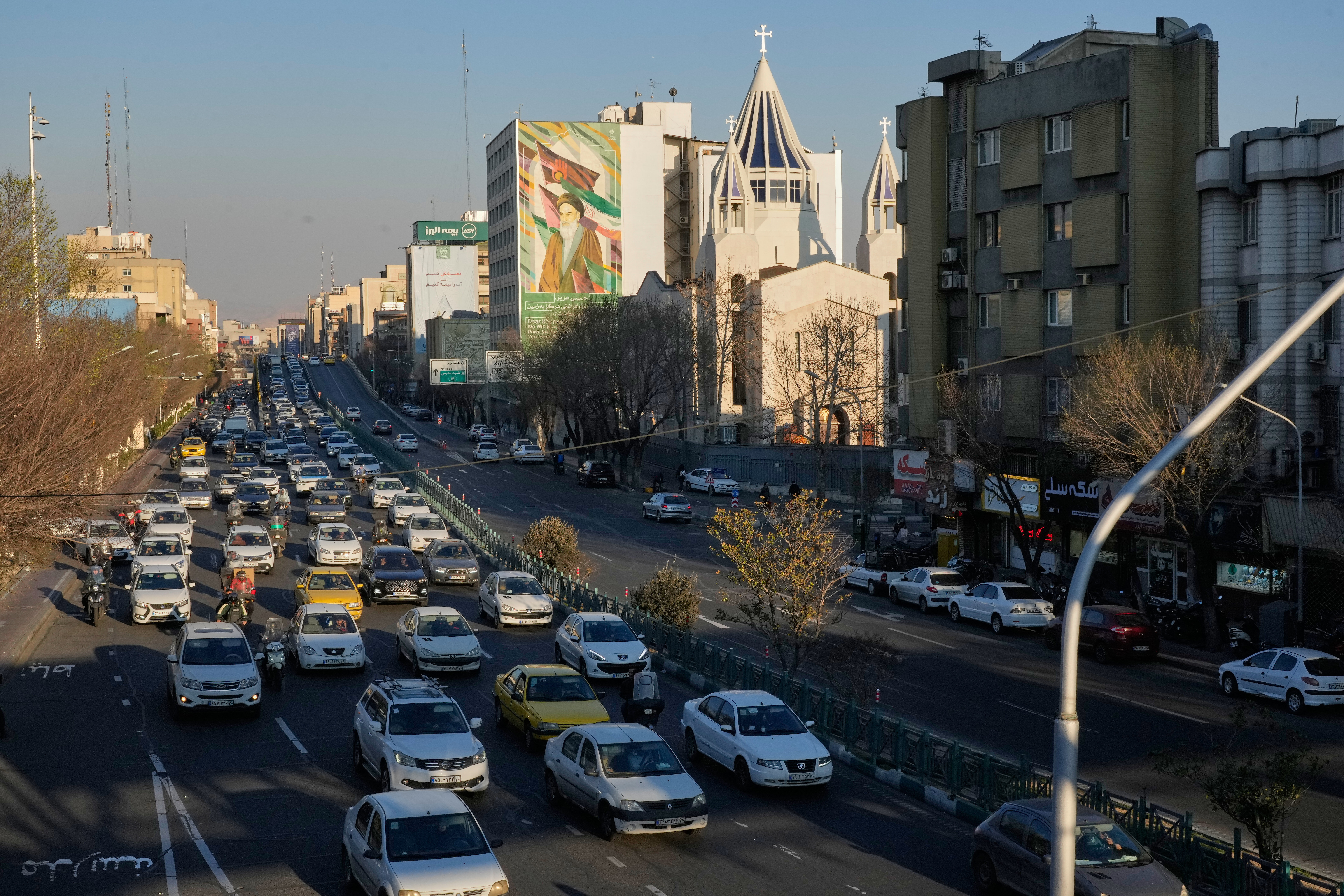Alabama’s Science Standards Get a Makeover
Alabama schools are getting new science standards for the first time in a decade. The state Board of Education voted unanimously today to replace old standards that some teachers say were behind the times the moment they were approved.
As evidence, they point to their students’ biology textbooks, many of which currently come with warning stickers that call evolution “a controversial theory.” The state’s old science standards say students should “wrestle with the unresolved problems still faced” by evolution.
“You might not accept it, but that doesn’t change the fact,” says science teacher Ryan Reardon, who isn’t a fan of the old standards. “Talking about evolution in a classroom is controversial, but there is no controversy about how all the organisms on the planet are related to each other.”
Reardon teaches at Jefferson County International Baccalaureate, one of the nation’s best public schools. He also helps write textbooks, and he and other science educators say Alabama’s old standards were dated and thin on evolution. Not so the new standards, which call it “established scientific knowledge.”
“We were really pleased to see that,” says Minda Berbeco, program director for the National Center for Science Education. She praises the shift to what she calls “a really positive, pro-science perspective.”
She’s not alone. All of the nearly two dozen Alabama science teachers I heard from support these new standards.
But what about that other little science debate that’s been roiling the nation’s cultural waters for years, climate change?
“I just don’t think it’s taught,” says Reardon. One reason, he says, is that “climate science is not something that a typical Alabama science teacher is going to have had as part of their training.”
Berbeco says there’s another reason it isn’t taught widely. “We’ve certainly worked with plenty of teachers who are really concerned about pushback just for teaching the science.”
The three-year run-up to these new standards, though, has been oddly light on pushback. There are a few obvious reasons why. They have the official backing of the Alabama Science Teachers Association. Also, at public hearings where citizens could voice their concerns, the state required comments to be about specific standards. Critics couldn’t simply oppose the whole effort on principle.
One more possible reason for the lack of controversy: While the new standards have a little more on climate change, they still don’t say humans are a cause. On that count, Berbeco is diplomatic:
“You know, I always feel like standards could be even better, and they could incorporate more concepts and more ideas. But this is a great starting point.”
Perhaps the biggest change in the new standards comes in a third area — the “doing of science” itself. There’s more focus on hands-on exploration, unifying concepts like cause and effect or structure and function, and a favorite of Reardon’s: data analysis.
“I’m gonna let the data smack ’em in the face,” Reardon says of his students. “I’m gonna ask them what that suggests, and then I’m gonna ask ’em what the ramifications are.”
This may be the biggest selling point with teachers.
“So with the new standards, students are gonna be able to experience science and not just solely learn about it from a textbook, lecture or a worksheet,” said Alabama’s Teacher of the Year, Jennifer Brown, at a recent public hearing.
Educators hope the emphasis on process and thinking will help kids better grasp all subjects, politicized or not.
9(MDA2ODEyMDA3MDEyOTUxNTAzNTI4NWJlNw004))
U.S. and Iran to hold a third round of nuclear talks in Geneva
Iran and the United States prepared to meet Thursday in Geneva for nuclear negotiations, as America has gathered a fleet of aircraft and warships to the Middle East to pressure Tehran into a deal.
FIFA’s Infantino confident Mexico can co-host World Cup despite cartel violence
FIFA President Gianni Infantino says he has "complete confidence" in Mexico as a World Cup co-host despite days of cartel violence in the country that has left at least 70 people dead.
Supreme Court appears split in tax foreclosure case
At issue is whether a county can seize homeowners' residence for unpaid property taxes and sell the house at auction for less than the homeowners would get if they put their home on the market themselves.
Top House Dem wants Justice Department to explain missing Trump-related Epstein files
After NPR reporting revealed dozens of pages of Epstein files related to President Trump appear to be missing from the public record, a top House Democrat wants to know why.
ICE won’t be at polling places this year, a Trump DHS official promises
In a call with top state voting officials, a Department of Homeland Security official stated unequivocally that immigration agents would not be patrolling polling places during this year's midterms.
Cubans from US killed after speedboat opens fire on island’s troops, Havana says
Cuba says the 10 passengers on a boat that opened fire on its soldiers were armed Cubans living in the U.S. who were trying to infiltrate the island and unleash terrorism. Secretary of State Marco Rubio says the U.S. is gathering its own information.






